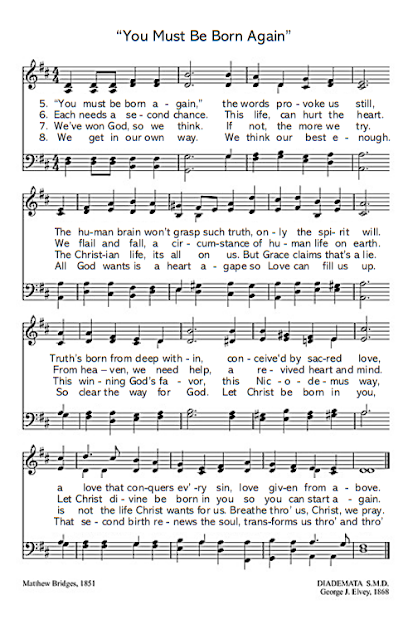Wise Evangelism
Before I begin my Reflection, I’d like to share with you a list as I think about the work of the church on this day of the Annual Meeting. This is a list of things you’re not likely to hear at church… I say not likely because maybe we are different! – Hey! It’s MY turn to sit on the front pew! – It was so packed today, I had to sit in the balcony! – I was so enthralled, I didn’t even notice your sermon went 15 minutes longer than usual. – Personally, I find evangelism much more enjoyable than golf, – I’ve decided to give our church the $700.00 a month I used to send to Joel Olsteen – You know, pastor, since you got here, we’ve forgotten all about the pastors that came before you. – I volunteer to be the permanent chairperson of the committee of your choosing, pastor. – I love it when we sing hymns I’ve never heard before! – Since we’re all here, let’s start the worship service early! – Nothing inspires me and strengthens my commitment like our annual stewardship campaign!

